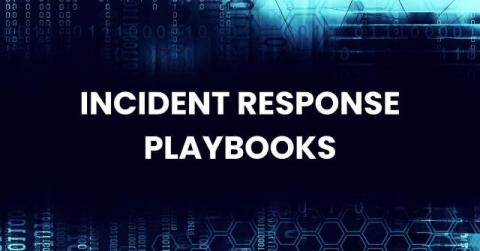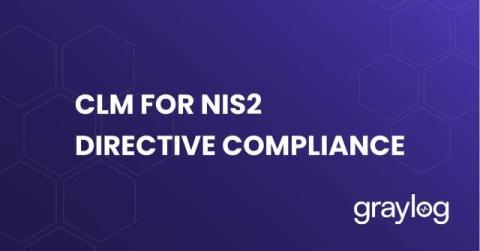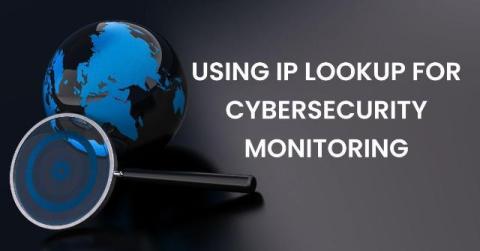The Ultimate Guide to Sigma Rules
In cybersecurity as in sports, teamwork makes the dream work. In a world where security analysts can feel constantly bombarded by threat actors, banding together to share information and strategies is increasingly important. Over the last few years, security operations center (SOC) analysts started sharing open source Sigma rules to create and share detections that help them level the playing field.











